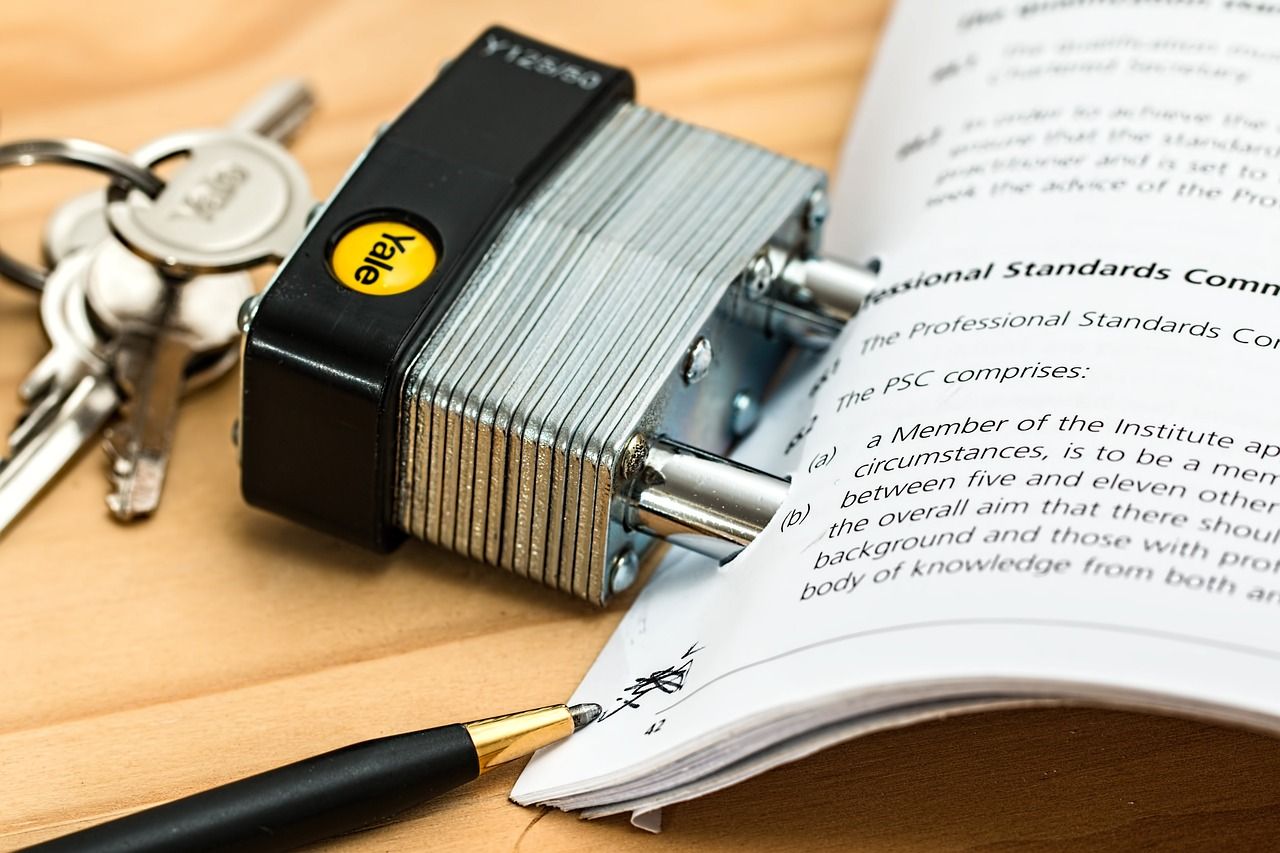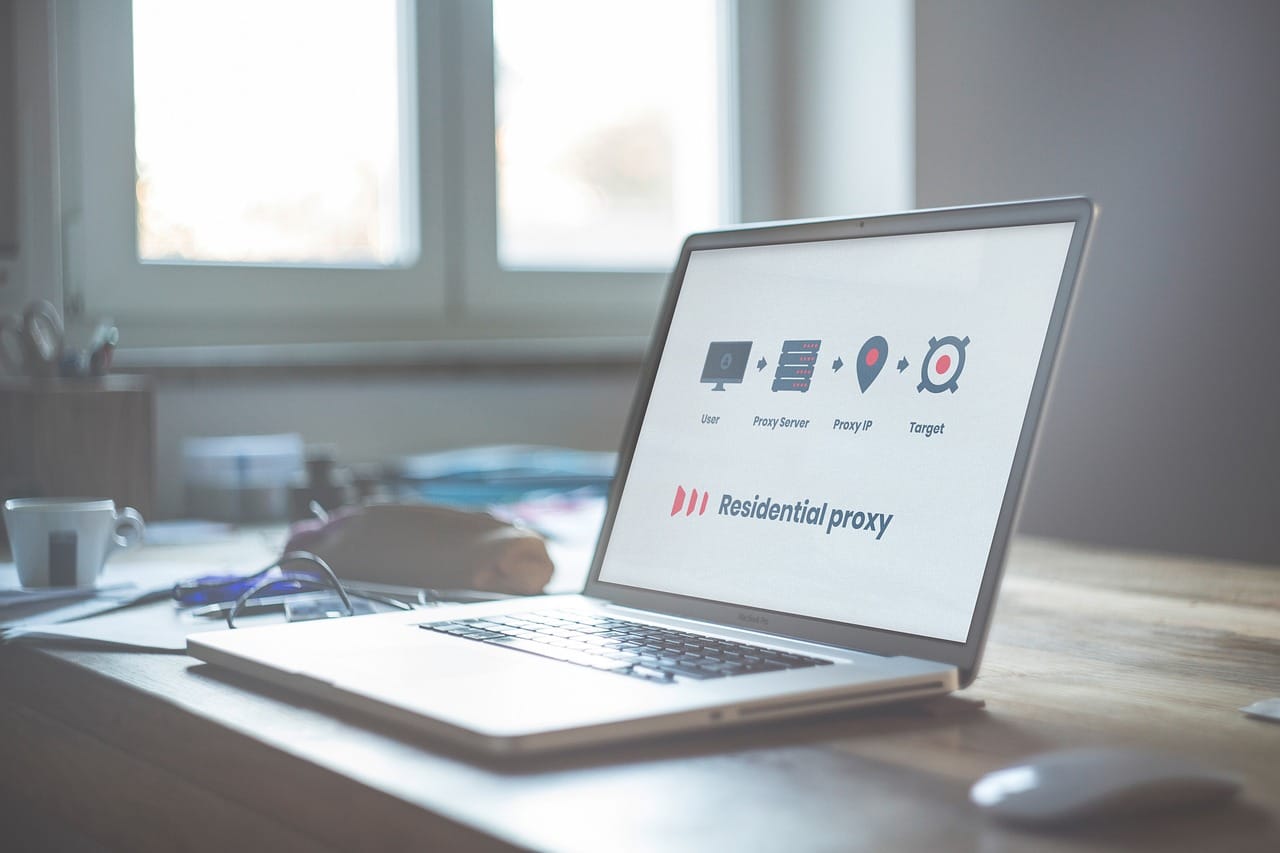I've spent the last few months playing around with some web scraping extensions, and honestly, the landscape has changed dramatically in 2025, especially with the rise in AI.
With Chrome's stricter security protocols and everyone wanting no-code solutions, I wanted to share what my experience was using these tools, not just their feature lists, but what it really feels like to work with them day-to-day.
Whether you're like me, constantly pulling product data for analysis, or you're a founder trying to build market intelligence reports, I know how frustrating it can be to spend hours manually copying and pasting data. That's exactly why I tested all these extensions myself.
This list is presented in no particular order.
Key Takeaways:
- Need custom built web scrapers? Go with DataHen
- Need something right now with zero learning curve? Go with Instant Data Scraper
- Want maximum control and don't mind some setup? WebScraper.io is your friend
- Prefer talking to your tools like ChatGPT? Try Chat4Data
- Need something polished for business workflows? Thunderbit is worth the investment
- Building automated systems at scale? Look into BrowseAI or Parsera
WebScraper.io (For Complex Projects)

Who I'd recommend this for: Anyone comfortable with a bit of setup who wants serious control.
My honest take: Rock solid, but expect to invest some time upfront.
I've been experimenting with WebScraper.io for over a year now, and it's become my reliable workhorse. The way it works is you build these "sitemaps" that tell the extension exactly how to extract your data. You can select elements, set up pagination, and export everything in whatever format you need.
One user on Quora perfectly captured my experience: "It's like building a Lego model, you have to plan your sitemap structure first, but once it's set up, it works like magic."
What I like about it:
- The visual selector is incredibly precise
- Handles dynamic content beautifully (all that AJAX and JavaScript stuff)
- The free local scraping option can help save hundreds in subscription fees
What I don't like about it:
- Setting up complex scrapes can take forever
- No built-in proxy or scheduling unless you pay for their cloud service
- Has a bit of a learning curve (I definitely had to watch some tutorials when I started)
Instant Data Scraper (When I Need Something Fast)

Who I'd recommend this for: Complete beginners or anyone who just needs quick data.
My honest take: Easy to use and quick.
The Instant Data Scraper extension has saved me lots of time, I literally just click once and get a CSV download. No setup, no configuration, no headaches. I found this GitHub comment that sums it up perfectly: "Feels like using Google Translate. Paste the URL, click once, and boom, spreadsheet ready."
What I love about it:
- Zero learning curve, you can figured it out in 30 seconds
- Perfect for tables, lists, and product pages
- Completely free, which is amazing
What I don't like about it:
- Falls apart with complex navigation or multi-page scrapes
- No automation features whatsoever
- JavaScript-heavy sites sometimes confuse it
Chat4Data (Talking to My Scraper)

Who I'd recommend this for: Non-technical folks who want more control than Instant Data Scraper.
My honest take: It's like having a conversation with your data extractor.
This is where things get interesting. Instead of figuring out selectors or HTML paths, I can just type things like "Remove the ratings column" or "Add all email addresses on the page." Chat4Data actually understands what I'm asking for.
What I love about it:
- I can modify my scrapes using plain English
- Much faster than learning XPath or CSS selectors
- Works well on most structured websites I've tested
What I don't like about it:
- Sometimes it misunderstands vague requests
- Limited to certain types of website layouts
- Still feels a bit buggy since it's newer
Thunderbit AI Web Scraper (Business Professional)

Who I'd recommend this for: Marketing teams, growth hackers, anyone who values polish.
My honest take: Incredibly fast and professional.
Thunderbit feels like it was built specifically for business users like me. It suggests what fields to scrape, handles multiple pages automatically, and even sends me notifications when scrapes are done.
What I love about it:
- The AI suggestions are spot-on most of the time
- Handles pagination and nested links without me babysitting it
- Built-in scheduling means I can set it and forget it
- The UI is gorgeous and the support team actually responds
What I don't like about it:
- Free tier only gives me 6 pages per scrape
- Larger projects require buying credits
Parsera, Kadoa, and BrowseAI (Cloud-Based Options)
Who I'd recommend this for: Anyone building workflows or needing APIs.
My honest take: These are really full platforms with Chrome extensions as entry points.
I've tested these primarily as automation tools rather than simple browser extensions. Once I activate the extension, they generate scraping logic automatically, then I can set up schedules, webhooks, and all that advanced stuff.
What I appreciate:
- True no-code interfaces that actually work
- API integration for my automated workflows
- Great for ongoing monitoring (I use them for price tracking)
What I don't like about it:
- You'll need to create accounts
- Free plans have strict limits
- The browser extension is really just a gateway to their full dashboards
Quick Comparison Chart
| Tool | How Hard to Set Up | AI Help | Best For | Main Limitation |
|---|---|---|---|---|
| WebScraper.io | Takes some time | None | Research projects | Setup complexity |
| Instant Data Scraper | 30 seconds | Basic detection | Quick tasks | Limited control |
| Chat4Data | Pretty easy | Natural language | Non-coders | Can misunderstand requests |
| Thunderbit | Almost instant | Full AI assistance | Business use | Credit system |
| Parsera/BrowseAI | Easy | Complete AI | Automation | Requires accounts |
What I've Learned About Security in 2025
After testing all these tools, I've noticed a few important things:
- Most have updated to Chrome's new Manifest V3, which means better performance.
- Some ask for pretty broad permissions, I always review these carefully now.
- Chrome warns you when extensions slow down your browser, and I pay attention to those warnings.
Staying on the Right Side of the Law
I've learned this the hard way, just because you can scrape something doesn't mean you should. I always check:
- robots.txt files (they tell you what's off-limits)
- Rate limits (I don't want to crash anyone's server)
- Terms of service (especially on commercial sites)
- Privacy regulations (LinkedIn and Facebook data is often restricted)
A simple rule: I only scrape publicly available data, and I always give credit when required.

The truth is, I use different tools for different projects. The key is matching your technical comfort level and how often you scrape to what each tool does best. That's what I've learned after months of testing, and I hope it saves you some of the trial and error I went through.
If you are still looking for a service and tool that requires no technical expertise than you should check out DataHen where we building custom web scrapers based on your specific needs.
What are the common limitations or downsides of these Chrome web scraping extensions?
While powerful, these extensions have limitations:
- Learning Curve: Tools like WebScraper.io, while powerful, require time investment to learn and set up.
- Limited Control/Complexity: Simpler tools like Instant Data Scraper struggle with complex navigation, multi-page scrapes, or JavaScript-heavy sites.
- Vague AI requests: AI-powered tools like Chat4Data can sometimes misunderstand vague user requests.
- Cost/Credit Systems: Many advanced features, especially cloud-based scheduling or larger scrape volumes, are gated behind paid tiers or credit systems (Thunderbit, Parsera/BrowseAI).
- Permissions and Performance: Users should review broad permissions requests and be mindful of Chrome's warnings if extensions slow down the browser.
- Account Creation: Cloud-based options typically require creating separate accounts.
What are the legal and ethical considerations when performing web scraping?
It is crucial to be aware of the legal and ethical implications of web scraping. Key guidelines include:
- Check robots.txt: This file on a website indicates which parts are off-limits for scraping.
- Respect Rate Limits: Avoid overwhelming a server with too many requests, which could be seen as a denial-of-service attack.
- Review Terms of Service: Commercial sites often have specific rules regarding data collection.
- Adhere to Privacy Regulations: Data from platforms like LinkedIn or Facebook is often restricted due to privacy concerns.
- Publicly Available Data: A general rule is to only scrape publicly available data and give credit when required.
- Proxy Legality: Using web proxy servers is legal in Canada and the USA as long as they are not used for illicit activities.



